Yet theres still a lot of confusion about feng shui. What are the core concepts? Do you have to completely redo your home according to feng shui principles, or can you benefit from making just a few updates?
Like experts in medicine, religion, golf, or any other field, feng shui practitioners subscribe to different theories and come to different understandings over time as a result of their own experiences. One thing just about everyone agrees on, however, is that clutter must be controlled. If you implement only one feng shui cure, get rid of the dirt, debris, and damage in your home.
HOW TO USE THIS BOOK
10-Minute Declutter focuses on one essential feng shui curegetting rid of clutter. Cures, by the way, are techniques designed to produce certain effects or to eliminate unwanted ones. In , I explain the ABCs of feng shui and why it works. I also discuss the symbolism and psychology of clutter and how you can eliminate problems in your life by eliminating clutter in your environment.
contains tips and solutions for clearing away clutter. These tips are grouped into five categories: home, workplace, areas outside your home, kids, and your personal life. Many can be implemented in ten minutes or so. The other, larger tasks, such as cleaning out an attic or basement, can be broken down into small segments to make them more manageable.
If you dont want to know much about feng shui, you can go directly to explains why making changes in your living and work areas will change your life.
The most important factor in successfully using feng shui is your intentthe physical cures are only part of the process. Youll get better results if you truly want to correct a particular problem and if you believe that what you are doing will work. In this sense, feng shui is a lot like other endeavorsthe more you put into it, the more you get back.
PART ONE
Understanding Feng Shui in Your Life
W estern society tends to think of luck as pure chance. The people who follow the ancient Chinese practice of feng shui, however, believe we can cultivate and manipulate luck. Rather than simply playing the hand Fate dealt them in the game of life, they use this method to remedy their problems and attract health, wealth, and happiness.
Feng shuis objective is to create harmony and balance in your environment. To accomplish this, feng shui masters apply a variety of practical solutions, called cures, to everyday problems. These remedies include such things as establishing convenient traffic patterns through your home, positioning furniture in comfortable arrangements, and eliminating clutter in your living and work spaces. Theres nothing magical about these curesthey are sensible ways to make life easier and more efficient.
But feng shui also has a mystical component based on the I Ching, ancient Chinese philosophy, color and number symbolism, and other esoteric knowledge. Many of the cures feng shui recommends are symbolic as well as practical. The logical solutions enable you to function more effectively and comfortably; the symbolic ones influence your subconscious to change old patterns and conditioned responses that may be blocking you at a deeper level.
The Art of Placement
Feng shui is also known as the art of placement. By placing furniture, accessories, artworks, architectural elements, personal objects, and so on in particular spots, you create either a comfortable environment that people enjoy spending time in or an unpleasant one they cant wait to leave. Many good interior designers and architects unconsciously understand the principles of feng shui and use them automatically to create harmonious, well-balanced environments.
Even if youve never studied feng shui or interior design, youve undoubtedly experienced the effects of good and bad placement. For instance, if the first thing you encountered upon entering a living room was the back of a sofa, how would you feel? Unwelcome? Blocked? If you walked into an office and saw clutter everywhere, what would you think? That the person who worked there was so busy or distracted that he or she might not be able to pay attention to you? Once you start noticing your feelings and responses when you enter a space, youll begin to understand how feng shui works.
Chi: Feng Shuis Pulse of Life
Literally translated, feng shui means wind and water. Wind and water, as we know, can be harnessed to produce energy. Feng shui also allows us to control and direct natural forces and utilize their energy constructively.
The principal force feng shui considers is chi (pronounced chee), the life-giving energy of the Universe that flows through everythingour homes, the Earth, our bodies. Acupuncturists use needles to eliminate blockages so chi can move freely in the body. Feng shui practitioners employ various cures, such as those discussed in , to keep chi flowing smoothly through our environments. One of the most common impediments to chi in our homes and workplaces is clutter. Clearing clutter from your environment is like unclogging a pipe so water can run through it again.
Chi travels through an area in much the same way you do. As you walk about your home, notice whether the pathways you normally use are easy to navigate or obstructed. Do they invite you to enter? Is it difficult to move through the space or to open windows and doors? Do some areas feel pleasant, others awkward or uncomfortable? You cant see chi, but after you work with it a while, youll begin to sense its presence.


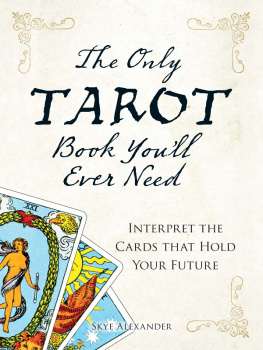

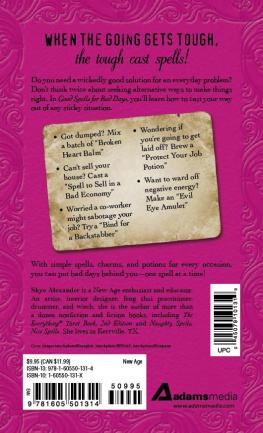



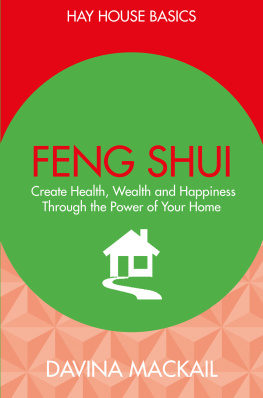
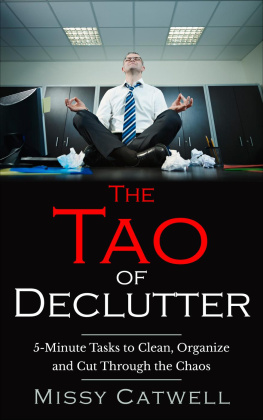
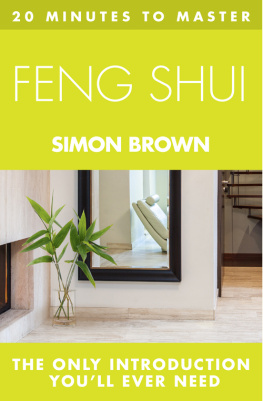
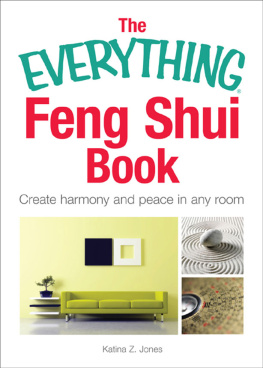

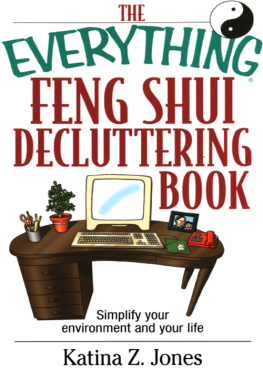
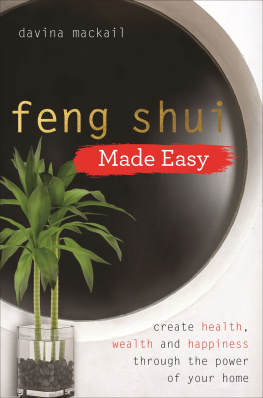
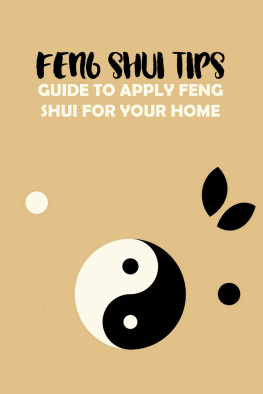
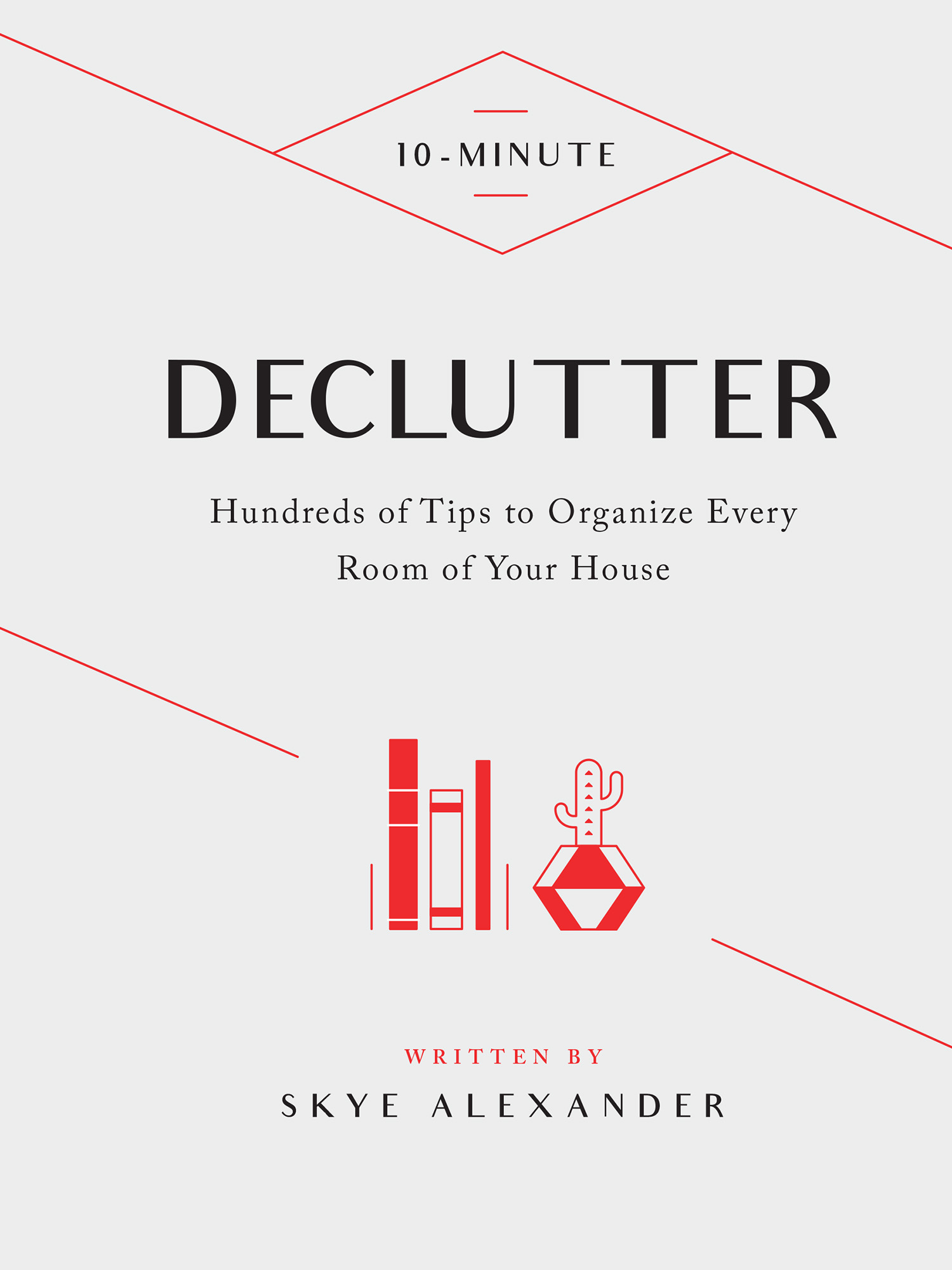
 10-MINUTE
10-MINUTE 



